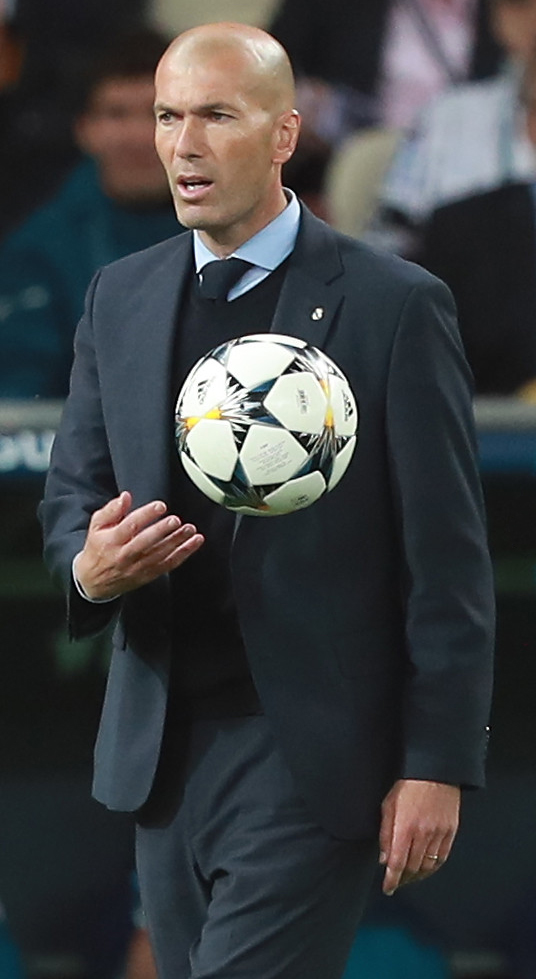The 20 most important aspects of Erik Ten Hag's work philosophy: keys to success in modern football
The text presents the work philosophy of the Dutch football coach Erik Ten Hag, which is characterized by a philosophical approach and an offensive game style. Among the important aspects of its philosophy are: possession game, high pressure, fast game, flexible tactics, importance of details, demanding training, constant progress, winning mentality, balance between defense and attack, patience in the game, intensity, Teamwork, communication, training of young players, mental flexibility, respect for the opponent, humility, perseverance, innovation and passion for football. Ten Hag highlights the importance of adapting to unforeseen situations and always seeks to innovate and improve their game philosophy.





